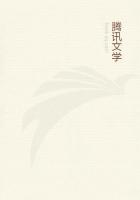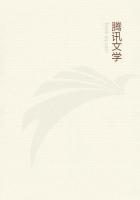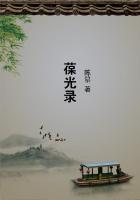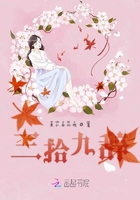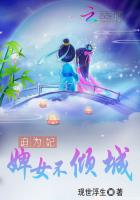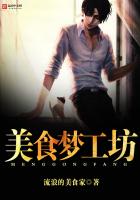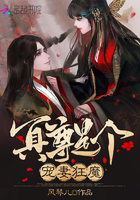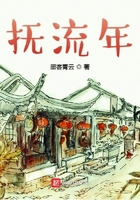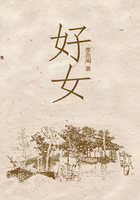His theory of causation undermines the argument for the divine existence.He carefully abstains from dwelling on this in his great philosophic work, but he expounds it at great length, and with all his intellectual power, in his "Dialogues on Natural Religion." We know nothing of cause, except that it has been observed to be the antecedent of its effect; when we have noticed an occurrence usually preceded by another occurrence, we may on discovering the one look for the other.But when we have never seen the events together, we have really nothing to guide us in arguing from the one to the other.We can argue that a watch implies a watchmaker, for we have observed them together; but never having had any experience of the ****** of a world, we cannot argue that the existence of a world implies the existence of a world maker.There is no effective way of answering this objection, but by maintaining that an effect necessarily implies a cause.It was on this ground that he was met by Reid, who argues that traces of design in God's works argue an intelligent cause.Kant deprived himself of the right to argue in this way, by ****** the mind itself impose the relation of causation on events, {146} so that we cannot argue that there is a corresponding law in the things themselves.Hume urges with great force and ingenuity, as Kant did after him, that if we are compelled to seek for a cause of every object, we must also seek for a cause of the Divine Being.This is to be met by showing that our intuitive conviction simply requires us to seek for a cause of a new occurrence.He argues, as Kant also did after him, that the existence of order in the universe could at best prove merely a finite and not an infinite cause.The reply is, that we must seek for the evidence of the infinity of God in the peculiar conviction of the mind in regard to the infinite and the perfect.
This may be the most expedient place for stating and examining his famous argument against miracles, as advanced in his essay on the subject.It is clear that he could not argue, as some have done, that a miracle is an impossibility, or that it is contrary to the nature of things.He assails not the possibility of the occurrence of a miraculous event, but the proof of it.Experience being with him the only criterion of truth, it is to experience he appeals.He maintains that there has been an invariable experience in favor of the uniformity of nature, and that a miracle being a violation of a law of nature, can never be established by as strong proof as what can be urged against it.He then exerts his ingenuity in disparaging the evidence usually urged in behalf of miraculous occurrences, by showing how apt mankind are to be swayed on these subjects by such principles as fear, wonder, and fancy.We are not {147} sure whether Hume has always been opposed in a wise or judicious manner by his opponents on this subject.It is of little use showing that there is some sort of original instinct leading us to believe in testimony; for this instinct, if it exists, often leads us astray, and we must still go to experience to indicate what we are to trust in and what we are to discard.But the opponents of Hume were perfectly right when they showed, that in maintaining that nature always acted according to certain mundane laws, he was assuming the point in dispute.Let us admit that the whole question is to be decided by experiential evidence.
Let us concede that in the present advanced state of science there is ample evidence that there is a uniformity in nature; but then let us place alongside of this a counterpart fact, that there is a sufficient body of evidence in favor of there being a supernatural system.For this purpose let the cumulative proofs in behalf of Christianity, external and internal, be adduced; those derived from testimony and from prophecy, and those drawn from the unity of design in the revelation of doctrine and morality, and from the character of Jesus; and we shall find that in their consistency and congruity they are not unlike those which can be advanced in behalf of the existence of a natural system.
In Book Second of his Treatise, Hume treats of the passions.It is the most uninteresting part of his writings.


